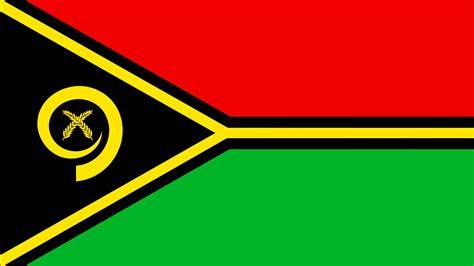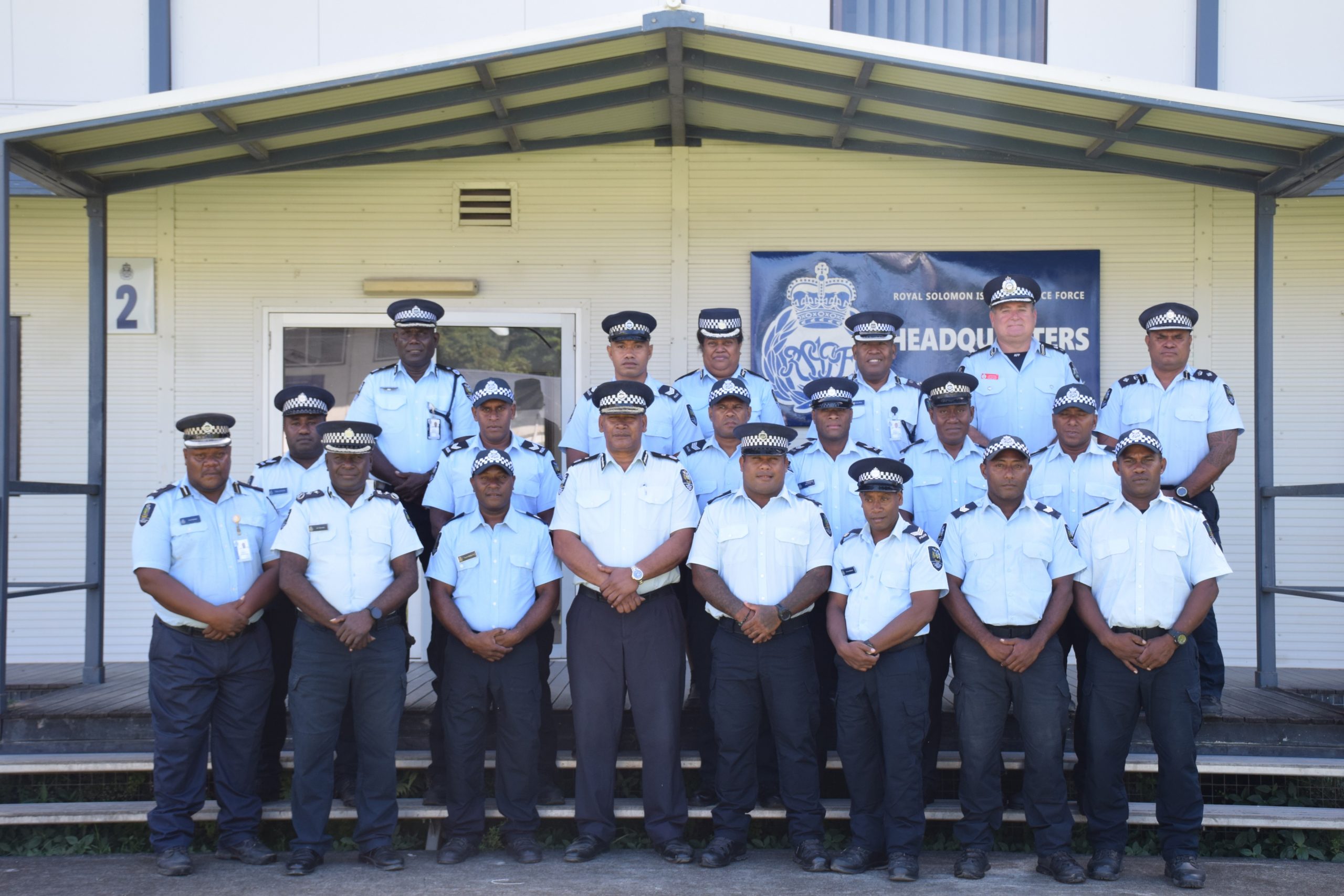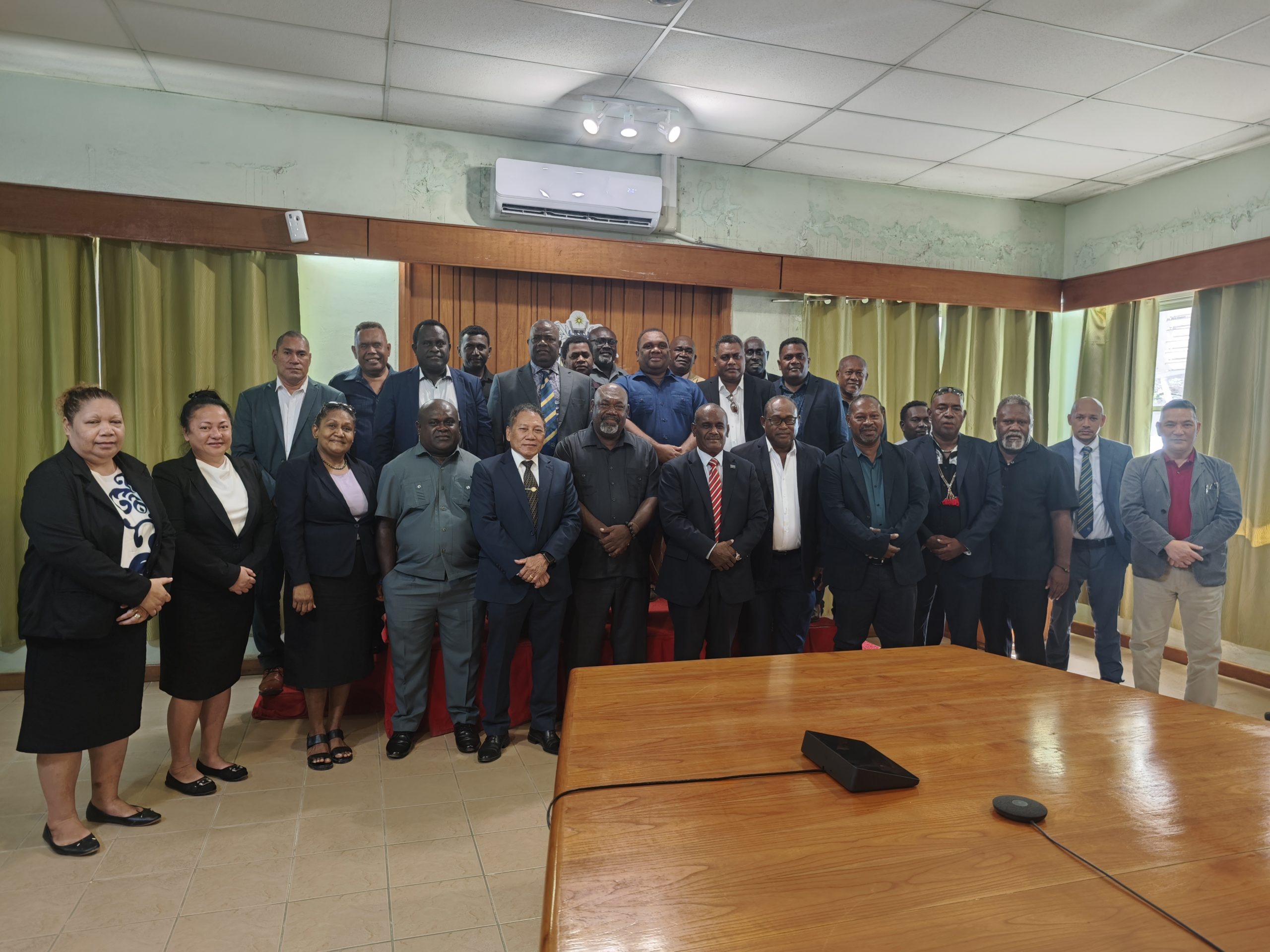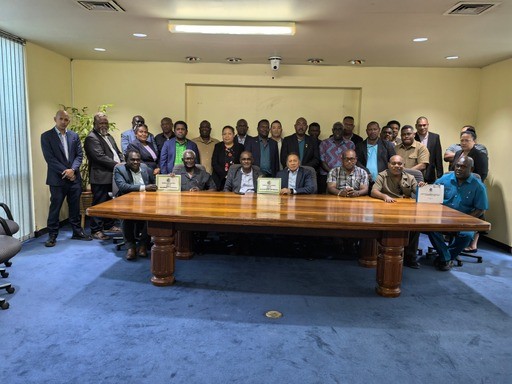Tusi Tala
Nouméa, New Caledonia — French Minister for Overseas Territories Manuel Valls touched down in New Caledonia on Saturday, as political tensions on the island territory reached new heights. Valls’s visit aims to advance discussions on New Caledonia’s political future, amid deep-seated divisions between the pro-independence factions and those favoring continued ties with France.
In May 2024, the political discord culminated in civil unrest, leading to the tragic loss of 14 lives, hundreds injured, and significant economic damage. The unrest resulted in thousands of job losses due to widespread destruction and looting, with a financial toll exceeding €2 billion.
From February 4 to 9, Valls hosted bilateral talks in Paris, engaging all parties represented in New Caledonia’s Congress. These discussions prompted his decision to travel to Nouméa to attempt bringing all factions to a common negotiating table. His goal: to forge a new agreement that would replace the Nouméa Accord and map out New Caledonia’s political trajectory.
The challenge remains formidable, given the starkly divergent views. Both camps, despite acknowledging the helpfulness of the Paris talks, maintain polarized stances. Each faction interprets the 1998 Nouméa Accord, which outlines a plan for increased autonomy and power transfer, through its own lens.
On the pro-independence front, Union Calédonienne (UC) leads the larger FLNKS (Kanak Socialist National Liberation Front) coalition and has set its sights on a new “Kanaky Agreement” by September 24, 2025. This agreement would initiate a five-year transition toward full independence from France. Meanwhile, moderate pro-independence groups like PALIKA and UPM advocate for a form of “independence in association with France,” distancing themselves from UC’s dominance.
Conversely, the pro-France bloc, represented by Les Loyalistes and Rassemblement-LR, stands united. They highlight the outcomes of the 2018, 2020, and 2021 self-determination referendums, each rejecting independence. However, the December 2021 referendum faced a boycott from many pro-independence voters, leading to ongoing disputes about its validity, despite its legal acceptance.
Pro-France parties also propose an “internal federalism” model, granting more power to New Caledonia’s three provinces. Critics argue this could lead to a form of apartheid.
As Valls navigates these treacherous political waters, the future of New Caledonia hangs in the balance, with both sides entrenched in their convictions. The path to a new political agreement remains fraught with complexity and contention.













